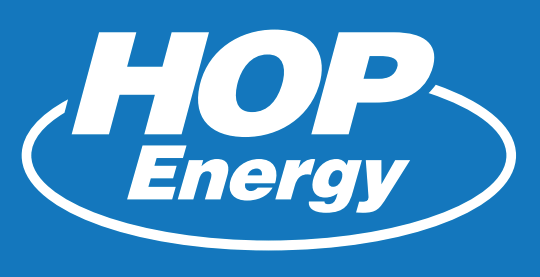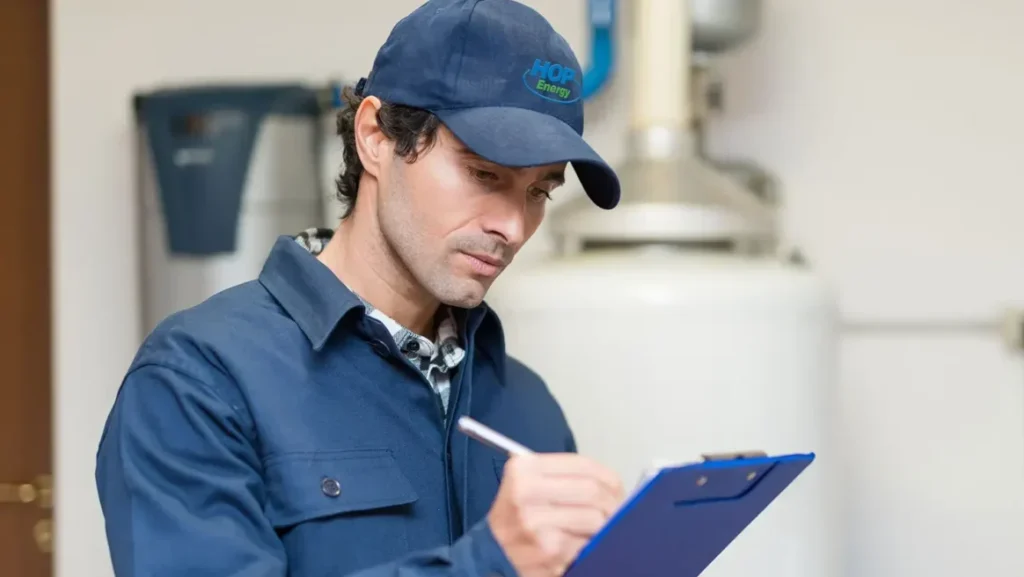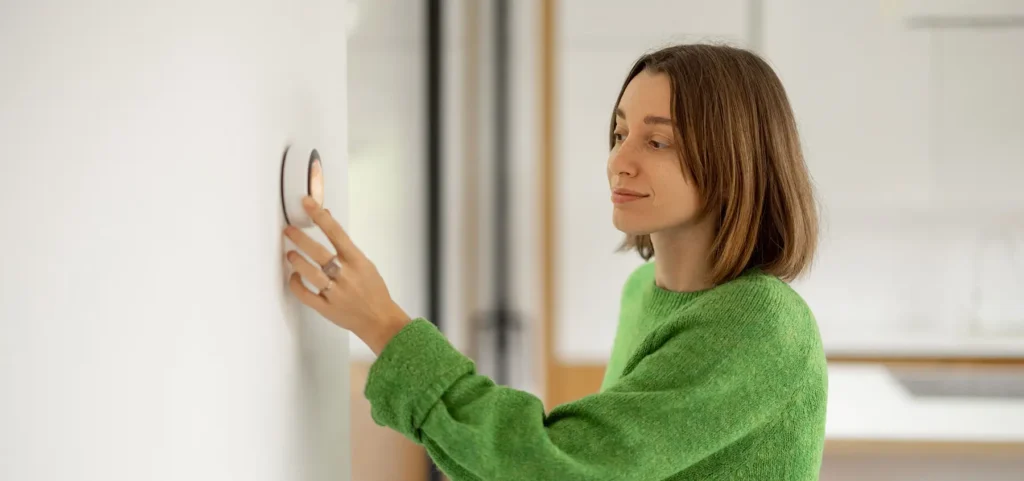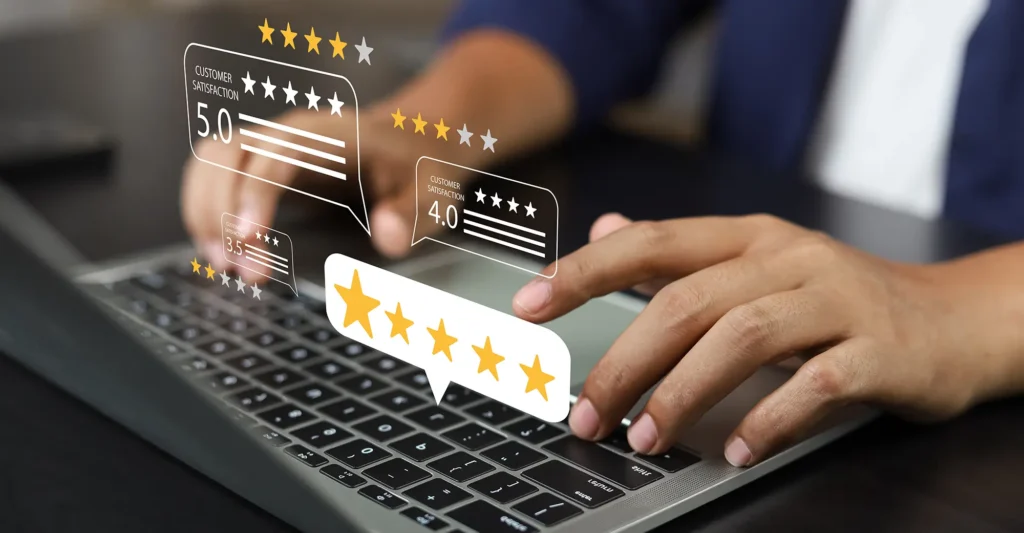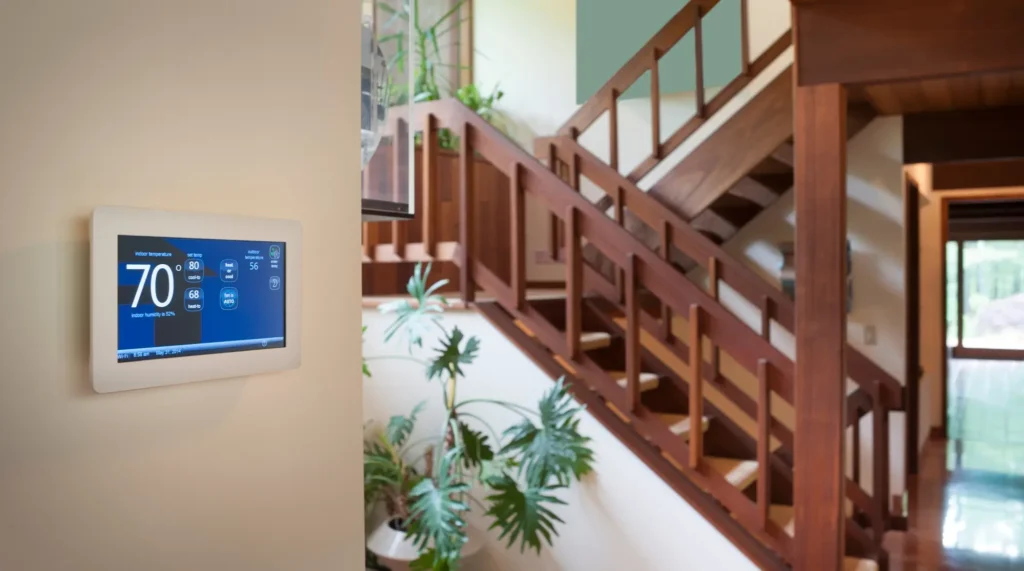When your air conditioner stops blowing cold air, it can be more than an inconvenience—especially during hot weather. If you’re facing this issue, understanding the mechanics of your system, mainly if it incorporates a heat pump, is crucial. Here’s a detailed exploration of why your air conditioner or heat pump might not be cooling your space effectively, along with some troubleshooting tips.
Table of Contents
Thermostat Settings
The first and simplest thing to check is your thermostat settings. Ensure the thermostat is set to “cool” and not “heat” or “fan only,” which are standard settings on heat pump systems. The temperature should also be set lower than the current room temperature to activate the cooling cycle.
Airflow Issues
Restricted airflow can severely impact your system’s efficiency. Check for:
- Dirty air filters: A clogged filter can impede airflow, reducing the system’s ability to circulate cool air.
- Blocked or closed vents: Ensure all vents are open and unobstructed to allow free air movement.
- Issues with ductwork: Leaks or blockages in the ductwork can lead to significant cooling loss.
Refrigerant Levels
Both traditional air conditioners and heat pumps rely on refrigerant to cool your home. If your system has a refrigerant leak or is low on refrigerant, it will fail to cool efficiently. Signs of low refrigerant include ice buildup on the refrigerant lines and the outdoor unit, as well as hissing noises from refrigerant leaks.
Heat Pump Specific Issues
Heat pumps operate differently from standard air conditioners because they can heat and cool a home by reversing the refrigeration cycle. Typical heat pump issues include:
- Stuck in heating mode: Occasionally, the reversing valve that changes the refrigerant flow for heating or cooling might get stuck, causing the system only to heat.
- Defrost mode: Heat pumps may defrost mode during cold weather to prevent ice from building up on the outdoor unit. If stuck in this mode, it won’t cool as intended.
Electrical Problems
Electrical issues can affect any air conditioning system. Check for:
- Tripped circuit breakers or blown fuses: Reset the breaker or replace fuses as necessary.
- Faulty capacitors or relays: These components are vital for starting the compressor and fan. A failure here can stop the entire system.
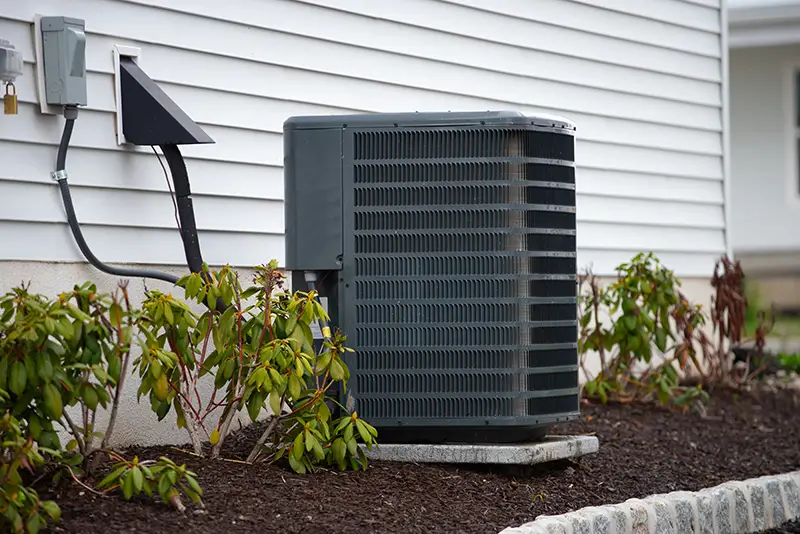
Compressor Issues
The compressor is the heart of your air conditioning system, pumping refrigerant through it. If it malfunctions, the whole system will fail to cool. Dirty coils, inadequate refrigerant, or electrical issues can cause compressor problems. Unfortunately, compressor repairs are complex and usually require professional service.
Maintenance and Age
Regular maintenance is crucial for air conditioning and heat pump systems to operate efficiently. Lack of maintenance can lead to problems that prevent cooling. Moreover, older units may lose efficiency or end their operational life.
Troubleshooting Tips
Before calling a professional, here are a few things you can try:
- Clean or replace the air filter.
- Check and clean the outdoor and indoor units to ensure they are not obstructed or dirty.
- Inspect the thermostat and settings for proper operation.
- Reset the system, simply turning the system off and on can clear any minor glitches.
When to Call a Professional
If basic troubleshooting doesn’t resolve the cooling issue, especially if you suspect refrigerant problems or compressor failure, it’s time to call a certified HVAC technician team like HOP Energy. We can perform more detailed diagnostics and safely handle complex repairs, ensuring your system is efficient and effective.
Understanding these potential issues and regular maintenance can help keep your air conditioner or heat pump in top condition, ensuring you stay relaxed and comfortable regardless of outside heat.
